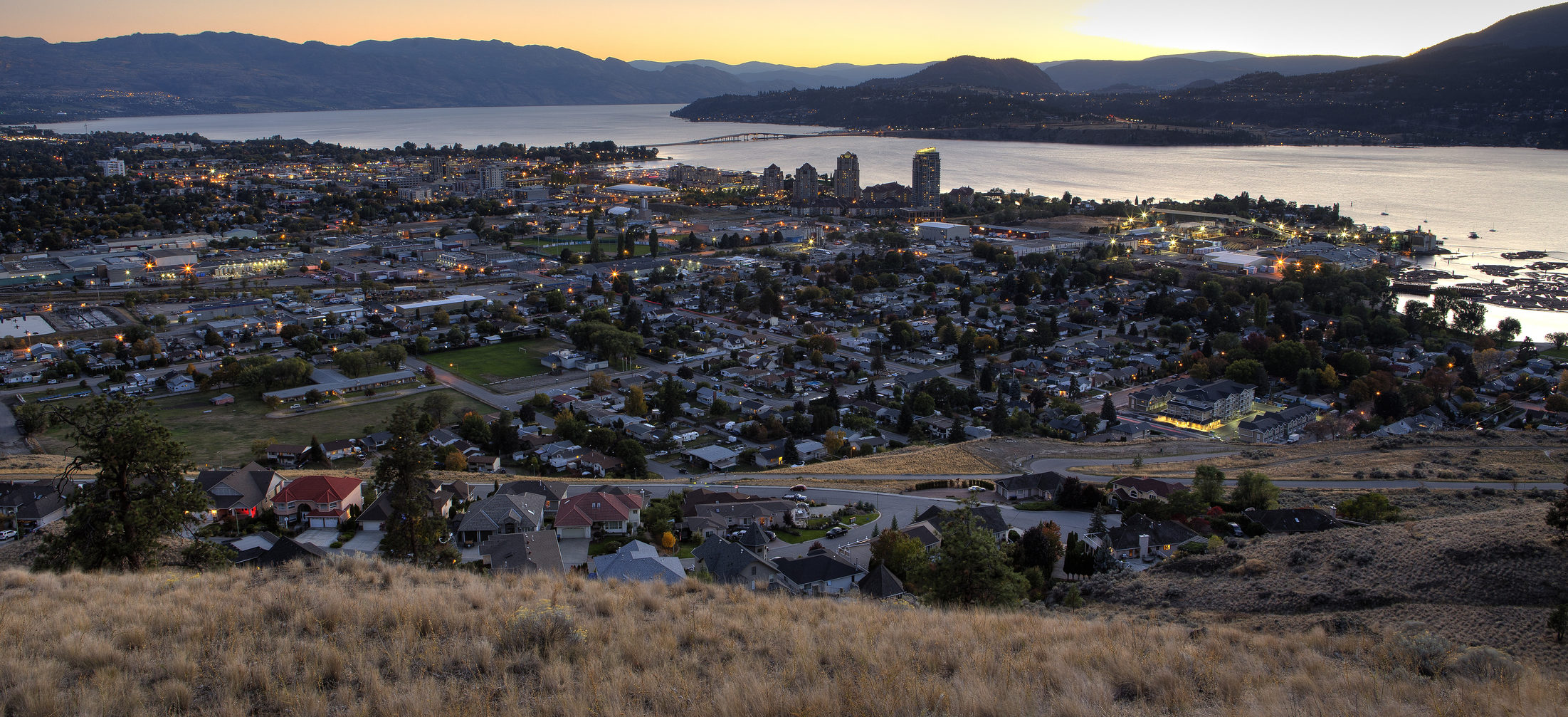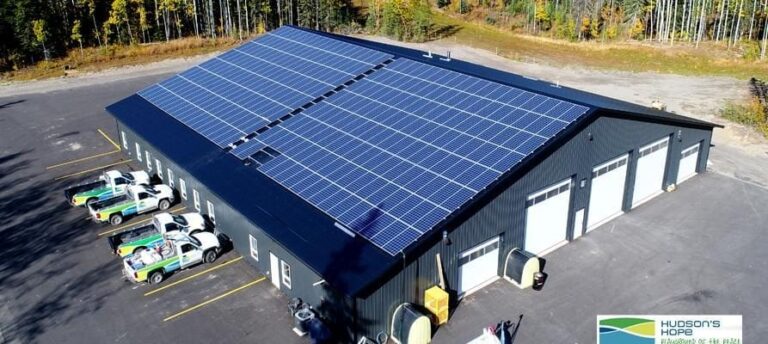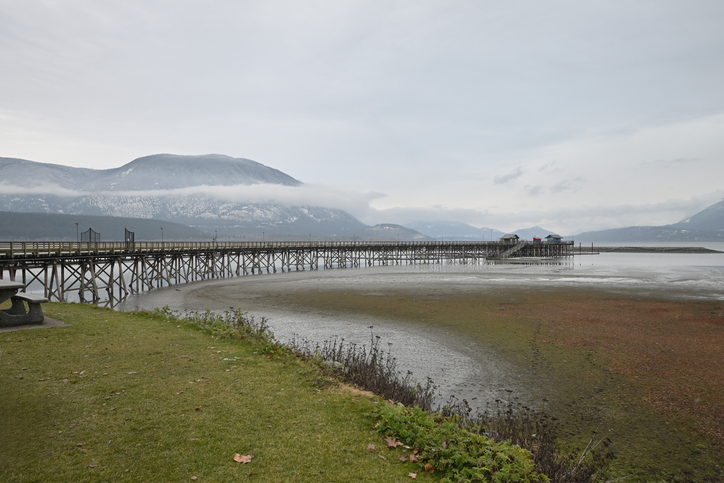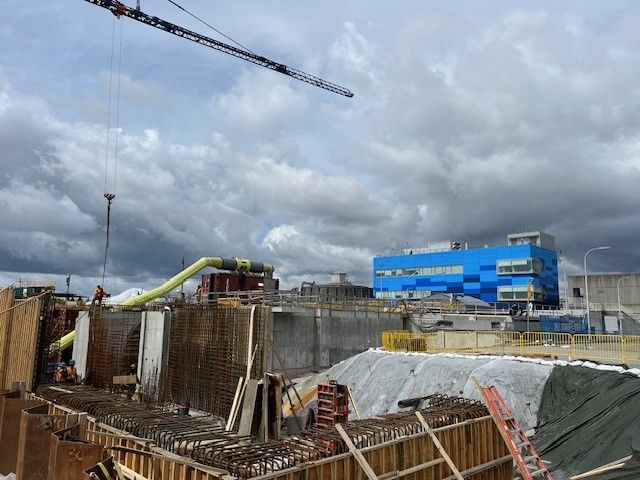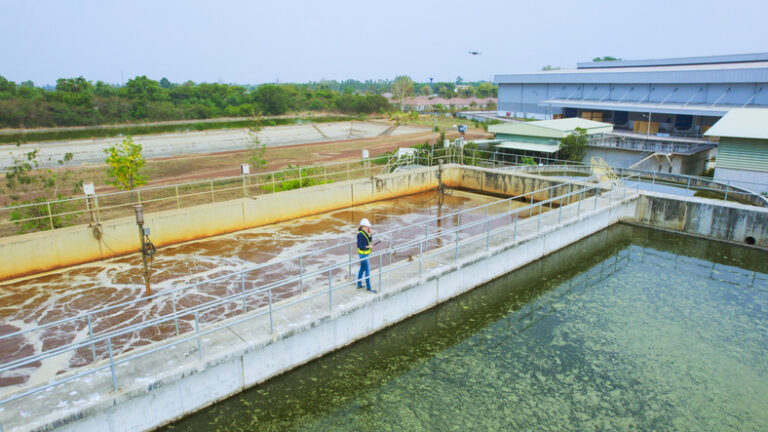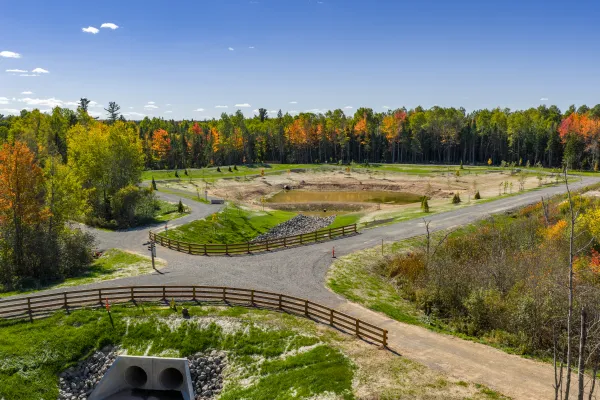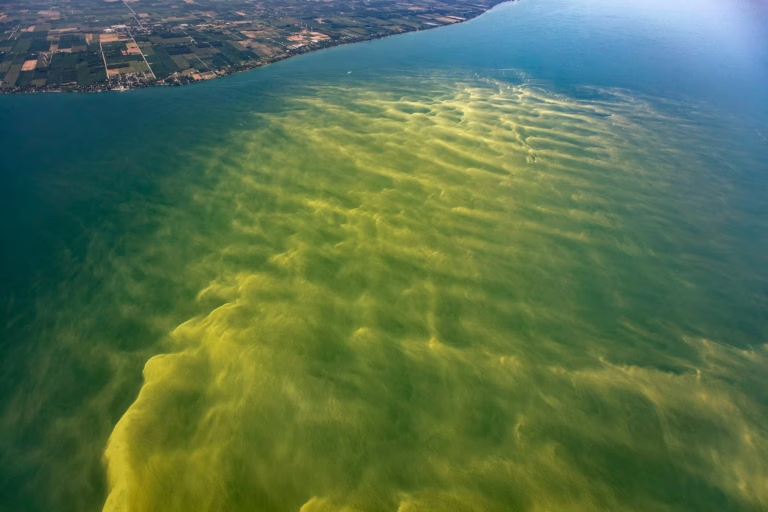Research from the University of Victoria’s POLIS Water Sustainability Project offers new insights and specific actions for a modernized land use and water planning regime in British Columbia.
The research responds to the provincial government’s mandate and commitment to modernize land use planning and its linked priorities of reconciliation, rural economic recovery, water security, and climate adaptation.
“The goal of a modernized approach to integrated provincial planning is to help address real issues, achieve multiple economic, social, and sustainability benefits, and, critically, to prevent future problems, reduce conflict, and save money,” said Oliver M. Brandes, director of the POLIS Water Sustainability Project at the University of Victoria.
“Addressing these interlinked challenges demands deep systemic shifts in how land and water are used, managed, and shared,” added Rosie Simms, research lead and project manager at the POLIS Water Sustainability Project. “Any approach must respond to the cross-cutting imperative of reconciliation with Indigenous peoples, which requires transformative change in land and water governance and management.”
The report has three key messages:
- Reconciliation and land use planning cannot be successful without explicit and sustained attention to water.
- Economic recovery and a resilient local economy require clarity around resource development and investment potential, including what can and cannot be done on the land and in the water.
- The provincial government and planning partners need capacity, a clear priority, and sustained support for a new planning regime if they are to succeed.
The actions identified in the report provide immediate practical steps that the provincial government can take now to meaningfully achieve existing commitments. The report also identifies long-term priorities to change how land and water use planning are undertaken in British Columbia.
“The need to plan for healthy resilient watersheds—the basis of public health, economy, and material security for all British Columbians—is more urgent now than ever,” said Brandes. “With this research we are starting with today, but also casting our eye forward to the imperative of tomorrow, with the urgency of getting our land and water planning right.”
A focused decision-makers’ brief for senior executives in government complements the report to further support provincial government action.

